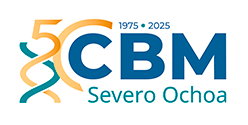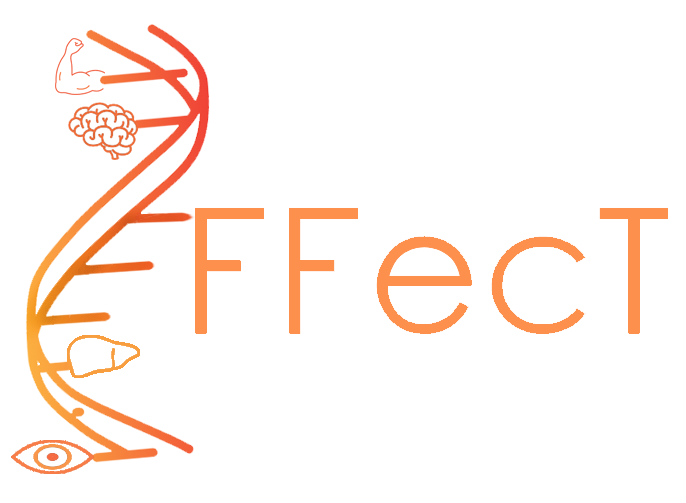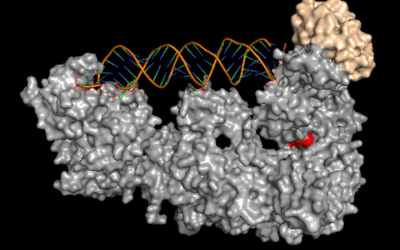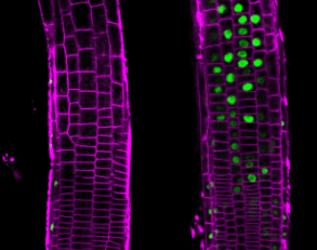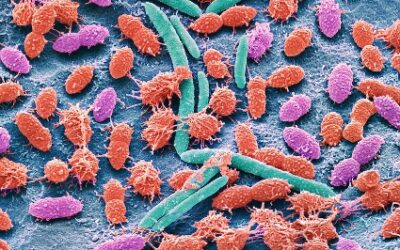Antisense oligonucleotide (ASO) therapies are experiencing a notable surge in development. However, despite this progress, in 2023 only 21 antisense drugs have been approved by regulatory authorities like the FDA and EMA. However, the success of mRNA vaccines during the COVID-19 pandemic has highlighted the vast potential of RNA-based therapeutics, leading to an increase in the development of antisense drugs. These ASO therapies are already used for spinal muscular atrophy (SMA), a form of amyotrophic lateral sclerosis (ALS), and the so-called ultra-rare diseases for which it would not have been commercially viable to find a cure, and currently are being evaluated in several clinical trials for a variety of diseases.
Antisense are small pieces of (artificial) nucleic acids designed to bind a specific messenger RNA. They might work by binding the altered target and induce its degradation to inhibit the production of the defective (toxic) protein by the disease-causing gene. In other cases, they might bind the target RNA and modify its processing, resulting in the correction of the genetic defect and in the restored production of the protein. The innovation and strength of these versatile drugs lies in their precision: like bullets, they are able to hit only the gene of interest, while avoiding damage to the normal genes. Further development of this technology will provide new therapeutic opportunities to affected individuals, especially to many children.
To address the pressing need for more comprehensive training in this field, the EFFecT doctoral training network has been established (https://www.effect-dn.eu). These Horizon Europe doctoral networks are highly competitive grants that allow to bring together universities, research institutions, industry and non-commercial partners from across Europe and beyond to provide interdisciplinary, intersectoral, and international training for PhD candidates and address complex societal challenges.
The EFFecT doctoral training network, coordinated by Dr. Alex Garanto from Radboudumc in the Netherlands will start on January 1st 2025. EFFeCT brings together experts from eight countries, spanning academia, industry, and non-profit organizations to train the next generation of scientists. The program aims to provide 12 predoctoral researchers with the skills and knowledge required to advance antisense nucleic acid therapeutics, offering a broader context of drug development, from the initial research phases to clinical application.
In particular, EFFeCT aims to:
- Address Tissue-Specific Challenges: By combining expertise across different organs and diseases, the network seeks to overcome the “issues with tissues” that have previously hindered the development of antisense oligonucleotide (ASO) therapies.
- Broadening Knowledge in ASO Modalities: The training program will cover a wide range of ASO modalities and their mechanisms, providing trainees with a comprehensive understanding of the field.
- Creating a Roadmap for ASO Therapeutics: EFFecT aims to develop strategies for the broader implementation of ASO therapeutics in Europe, with the goal of making a significant impact on healthcare and personalized medicine.
Dr. Lourdes Ruiz Desviat at the Centro de Biología Molecular Severo Ochoa (CSIC-UAM) will lead the working package focused on Liver and will supervise a PhD project aimed at advancing ASO therapies for inherited metabolic disorders. Key points are optimizing ASO design and delivery and addressing challenges in translating research into clinical practice.
The collaboration amongst the different consortium partners is vital for addressing the complex challenges in translating antisense research from the lab to the clinic, including dissemination, IP protection and entrepreneurship, with the aim to prepare these trainees to become the next generation of leaders in the field, ensuring that Europe remains competitive in this rapidly evolving field.
EFFeCT members are:
- Dr. Alex Garanto (coordinator, Radboudumc, the Netherlands)
- Dra. Lourdes Ruiz Desviat (CBM – Universidad Autónoma de Madrid, Spain)
- Dra. Sandra Alves (Instituto de Ciencias, Tecnologias e Agroambiente da Universidad do Porto in Portugal, Portugal)
- Dra. Virginia Arechavala-Gomeza (Instituto de Investigación Sanitaria Biobizkaia, Spain)
- Dra. Aurélie Goyenvalle (Université de Versailles Saint-Quentin-en-Yvelines, France)
- Dra. Shalini Andersson (AstraZeneca, Sweeden)
- Dr. Haiyan Zhou (University College London, UK)
- Dr. Ronald Buijsen (Leiden University Medical Center, the Netherlands)
- Dra. Michela A. Denti (Universidad de Trento, Italy)
- Dra. Hélène Tran (Institute de Recherches Servier, France)
- Dr. Rob W.J. Collin (Astherna, the Netherlands)
- Dr. Frauke Coppieters (University of Ghent, Belgium)
In addition, associated members are the Hub Innovation Trentino (represented by Dr. Davide Ederle), the Duchenne Data Foundation (Dr. George Paliouras), Stichting Dutch Antisense Therapeutics (Dr. Atze Bergsma and Dr. Jeroen Bremer) and Karolinska Institute (Dr. Samir El-Andaloussi).
